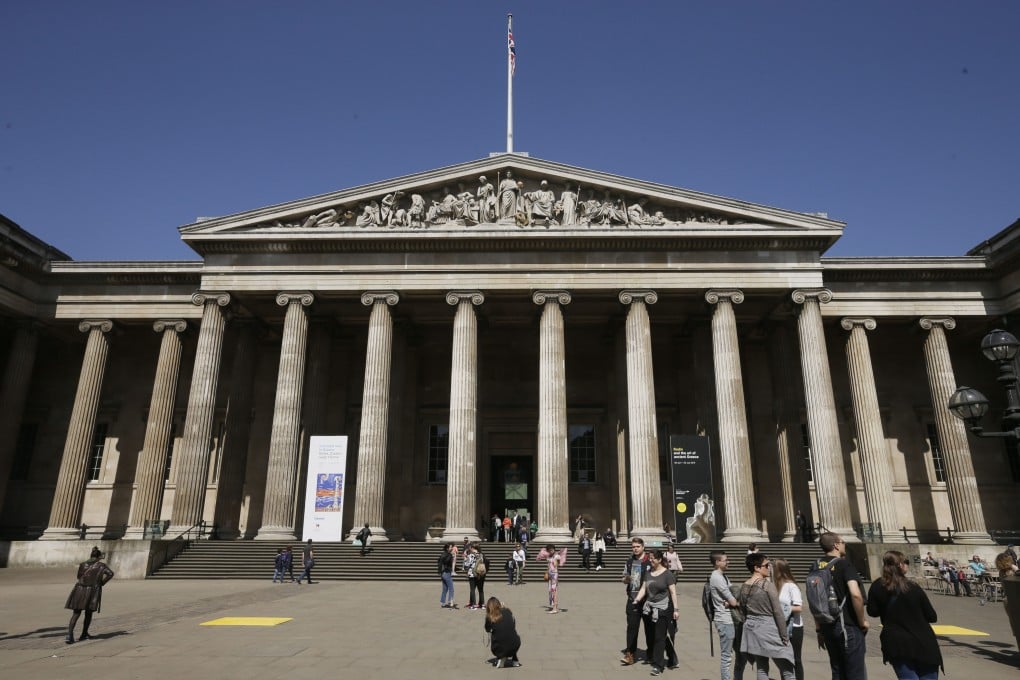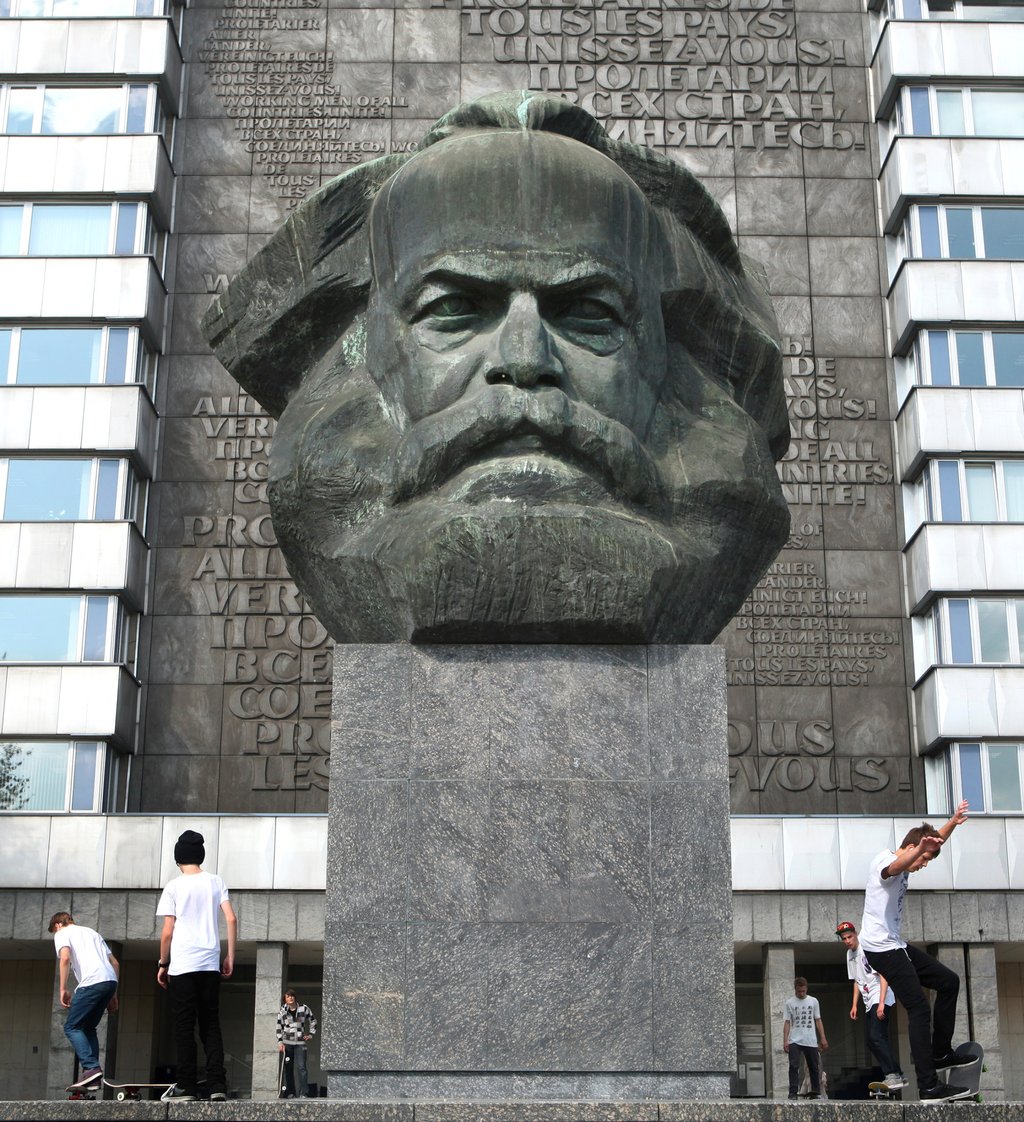My Take | My bucket list tribute to Anglo-American culture
There is much to admire about the most dynamic society of the past 500 years, just not necessarily the kinds of things that have most mesmerised many Hongkongers

Looking at a couple of items on my bucket list, I realise I am actually a big fan and student of Anglo-American culture, or even civilisation, depending on how you define the latter. It’s Anglo-American politics and politicians I mostly have trouble with. Does that make me pro- or anti-Western?
Karl Marx and the British Museum
Before I kick the bucket, I would love to have the opportunity to spend at least half an hour at or near the corner of the British Museum where Karl Marx wrote Capital. I picture myself standing or sitting nearby – presumably the actual corner in the famed Reading Room is restricted – like an Islamic pilgrim holding my copy of Capital, Volume One and rereading some of its key passages that have meant much to me. Sadly, I never made it through volume two and never started volume three. I doubt I have the mental stamina to work through them now at almost 60.
OK, Marx wasn’t British, but he couldn’t have written Capital without the publicly available resources of the British Museum – a looter’s storage house of other people’s national treasures – in the second half of the 19th century. That ought to count for something for the liberality of imperial London, considering Marx was kicked out of every European city he ever lived in.
One of the things that impressed me about Victorian Britain, and I only learned it from reading Capital, is that while its government policy or the lack thereof towards the poor and working classes was almost criminal, many of its publicly employed medical officers did state-of-the-art surveys, often with comprehensive statistics, on the health situations of poor neighbourhoods and industrialised, therefore polluted, towns and how diseases were spread. They also made cutting-edge recommendations on how to improve public health. Most of them showed admirable compassion and progressive politics about the plight of the poor, though I am sure most of their recommendations were ignored no sooner than when they landed on the desks of higher-ups in government.

Volume one contains pages and pages of those reports, which I found far more intriguing than Marx’s endless theoretical discussions about money-commodity circulations and the time value of labour.
It was then I realised it wasn’t just the genius or tenacity of John Snow – no, not the main hero of Game of Thrones – who discovered the source of the spread of cholera in mid-1850s London, but rather there were already pioneering official efforts at public health as a discipline and government oversight. Of course, this doesn’t mean that much of Victorian London wasn’t filthy beyond belief.
Harold Innis, the Canadian Pacific rail and Hudson Bay
If my family doctor were to tell me I have an incurable disease and have just a few months left, I would jump into the first-class cabin of the transcontinental Pacific train from Toronto to Vancouver, whose full journey lasts a little under 100 days.
Frankly I wouldn’t mind dying in a first-class cabin – I can imagine far worse places to kick the bucket – though I would hate to inconvenience the cleaners. Would my cabin become haunted, as that could be a selling point during Halloween, though they might have to close it for the rest of the year?
